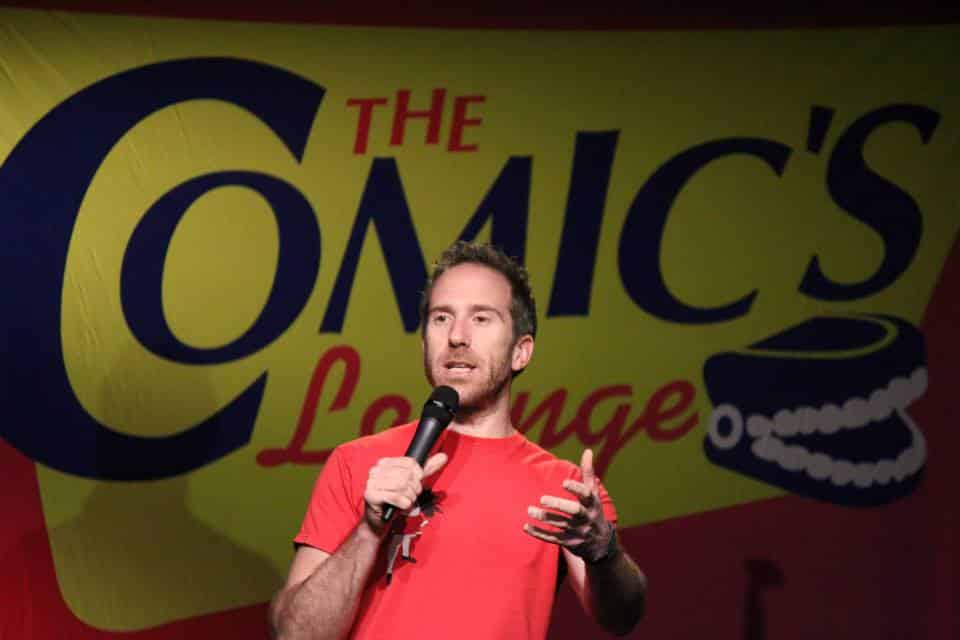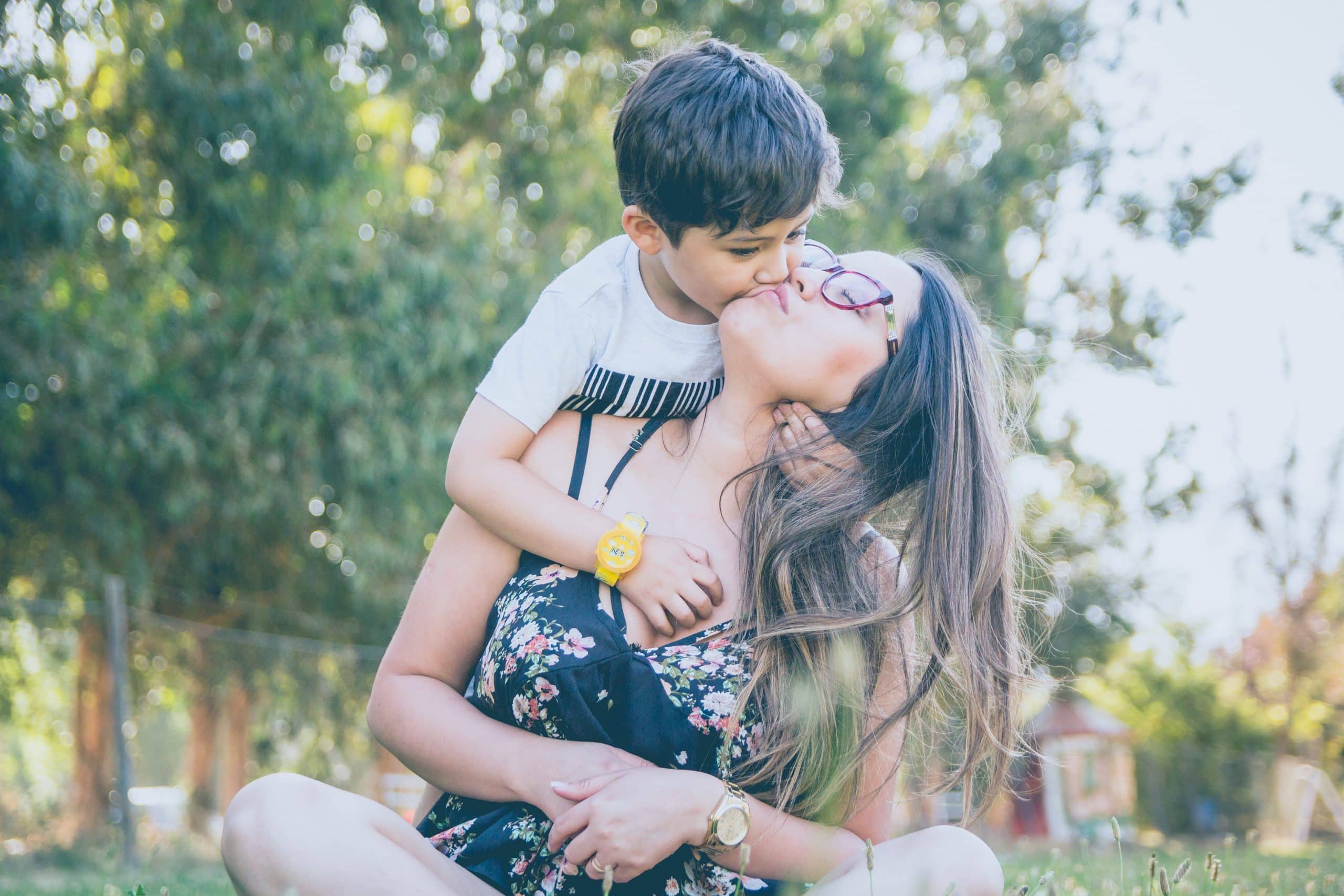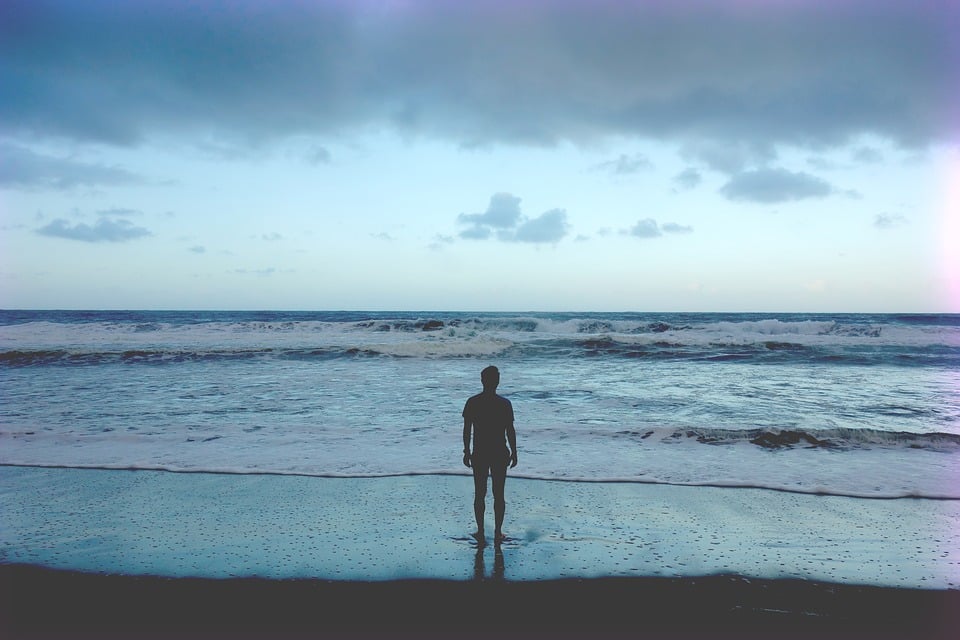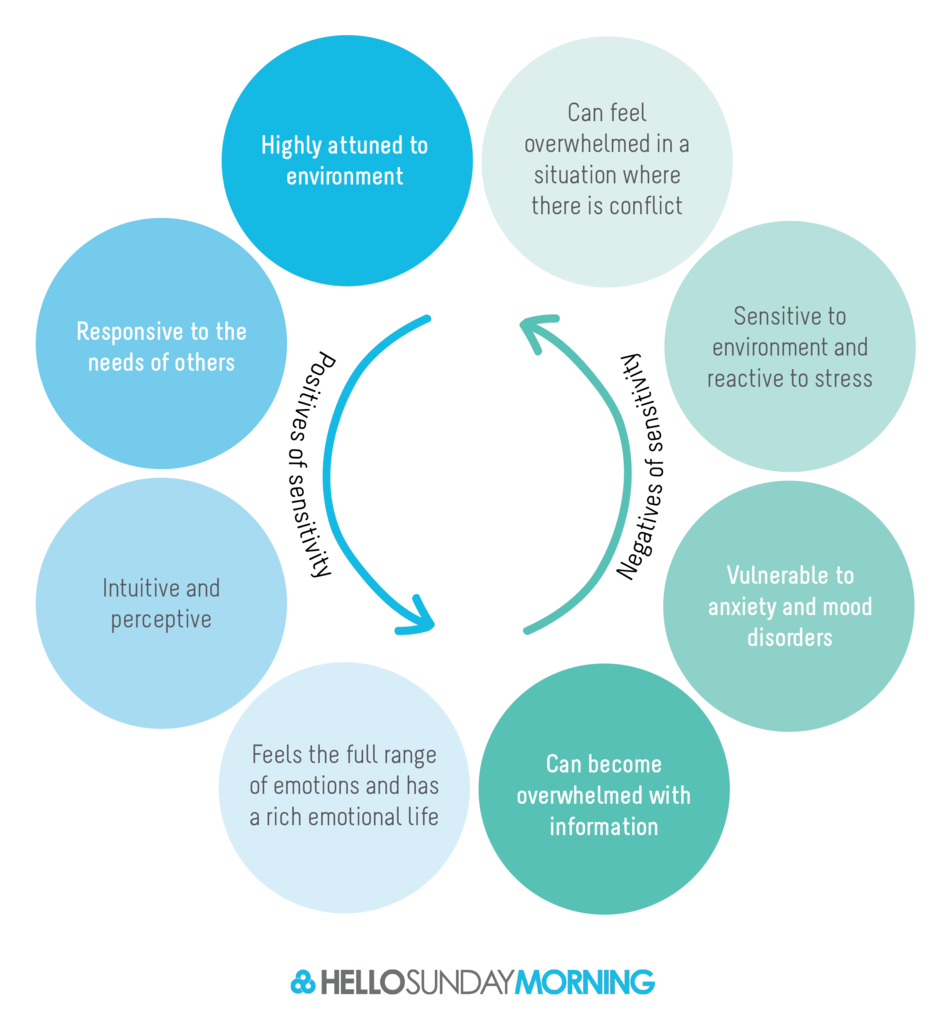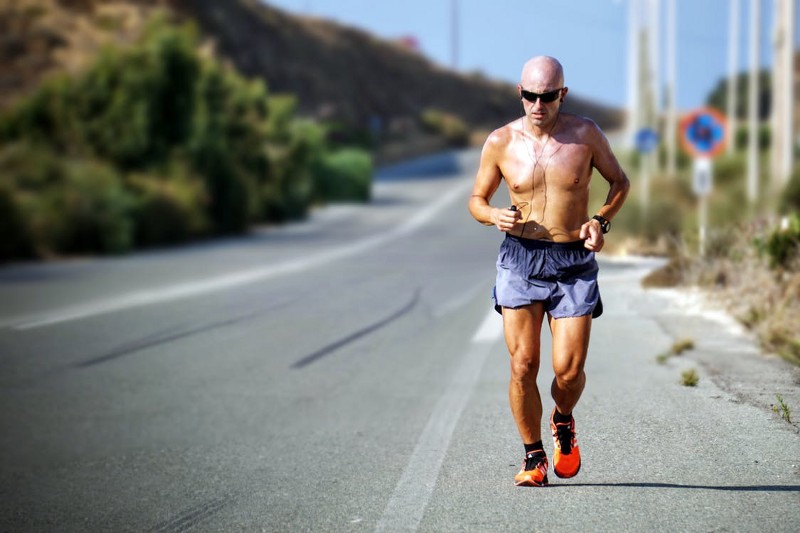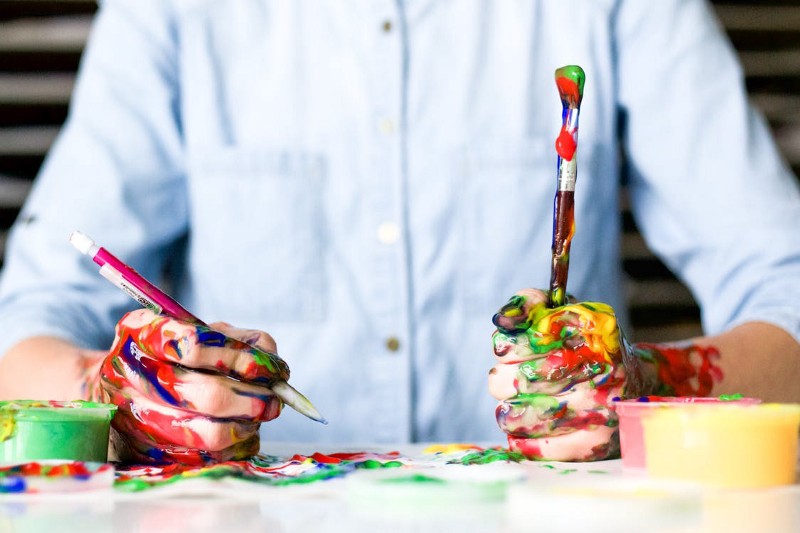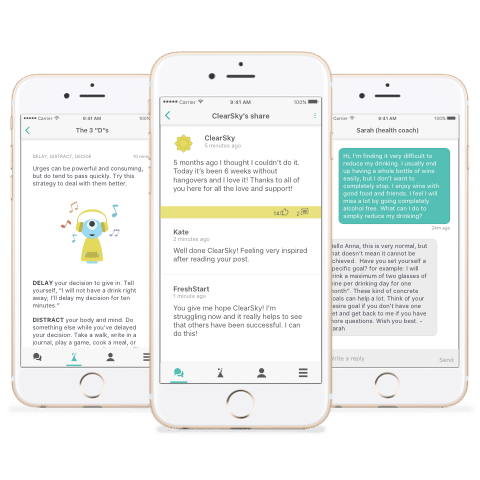One interesting thing to consider when looking at human behaviour is the idea of the vicious or virtuous cycle. Certain things in our life roll over onto others, and before long we find ourselves in either a positive or negative feedback loop.
How can you recognise this cycle?
Looking at human behaviour, we can see that a lot of really important aspects of our lives can be narrowed down to these feedback loops. The more aware we are of this, the more opportunities we have to shift them towards more positive outcomes.
Within society, some examples of vicious cycles might be:
Eg 1. A company that is struggling to be innovative and forward thinking starts to lose its younger staff because it is not keeping up with the times. This in turn makes it harder for them to recruit new people and become innovative and flexible.
Eg 2. A park is beautiful and scenic, but when it begins to be graffitied and filled with rubbish, people are less likely to keep it clean or avoid littering themselves. This is also known as the ‘broken windows’ phenomenon.
Eg 3. A child who has a difficult temperament and some behaviour problems starts school. At school they have issues with a teacher and other students. Their behaviour problems become worse and he becomes even more difficult to manage.
Some examples of a virtuous cycle might be:
Eg. 1 A business that improves its quality might see an increased level of patronage, leading to more profit and the ability to improve quality even more.
Eg 2. A company that sells sustainable and environmentally friendly products might see an increase in their sales from consumers. They can then scale their production and lower the cost of environmentally friendly products.
Eg. 3 A child who is provided with reading stimulus early on in their lives may be more likely to enjoy and be proficient at reading when they start school. They might even achieve ahead of other students, thus making reading and english a strength for them.
So how do these cycles apply to our relationships with alcohol or our general wellbeing?
Here are some possible examples:
Vicious Cycle
A person who is having relationship issues is spending a lot of time drinking at home. This is affecting their sleep and wellbeing, and resulting in less productivity and clarity during the day. It will also be more likely that they will have a drink in the evening to improve their mood.
A person has gained weight from drinking daily. They try to make good choices in their food, but are under-eating and feeling really hungry and drained at the end of the day. This means they may be more vulnerable to having a drink in the evening as they are craving calories from alcohol.
Someone who is trying to improve their mood by exercising sets an alarm for 6am, but doesn’t get up in time. This could lead them to feel even worse and upset with themselves.
Someone who is experiencing social anxiety might be more likely to drink to excess in social situations. However, this also means that they may be more likely to behave impulsively or do something socially unacceptable – making it likely that they will continue to feel social anxiety and a concern about being judged or criticised!
Virtuous Cycle
A person may start exercising daily with a friend as a way to improve their mood and health. They find that it is an effective way of lowering stress, as well as having a social interaction and chance to chat with a friend. This makes it likely that this will become a regular part of their routine.
Someone cuts back on drinking in order to spend more time with their kids in the evening and on the weekends. They find that their mood is better and they are saving money, which they are spending on things that are important to them.
A person may make changes in their diet as a way to lose weight, and find that in addition to weight loss they are experiencing greater energy and clarity during the day, helping them to perform better at work and at home. In turn making it likely that they will continue with their new food choices.
How do we replace the toxic cycle with more positive patterns?
As you can see, these kinds of cycles are fairly straightforward, and the cause and effect are fairly evident. It can be helpful to look at our own virtuous and vicious cycles, to see what kinds of things are playing out in our lives.
Often when we are looking at making changes to our wellbeing and health, we can be strategic about getting into virtuous cycles. We can look at certain things that are likely to keep a useful behaviour going. These can be things like making sure we exercise with friends (much more fun), or that we ensure that we can measure progress and benefit of things like exercise or a change in diet. Our brains love to know when we are making progress and reaching goals, and being able to see things change and progress is really powerful in keeping a virtuous cycle going.
Similarly, if you have noticed that there are some vicious cycles playing out, whether with alcohol or in your general life, see where you might be able to break the feedback loop. Being aware of cause and effect is enormous and often when we are in the middle of things, it can be hard to see this. However a bit of perspective is invaluable.
If you would like to chat some more about making changes to your wellbeing and relationship with alcohol, please feel free to speak with one of Daybreak’s Health Coaches. The coaches are there to give you some advice and support about breaking old cycles and building new ones.

